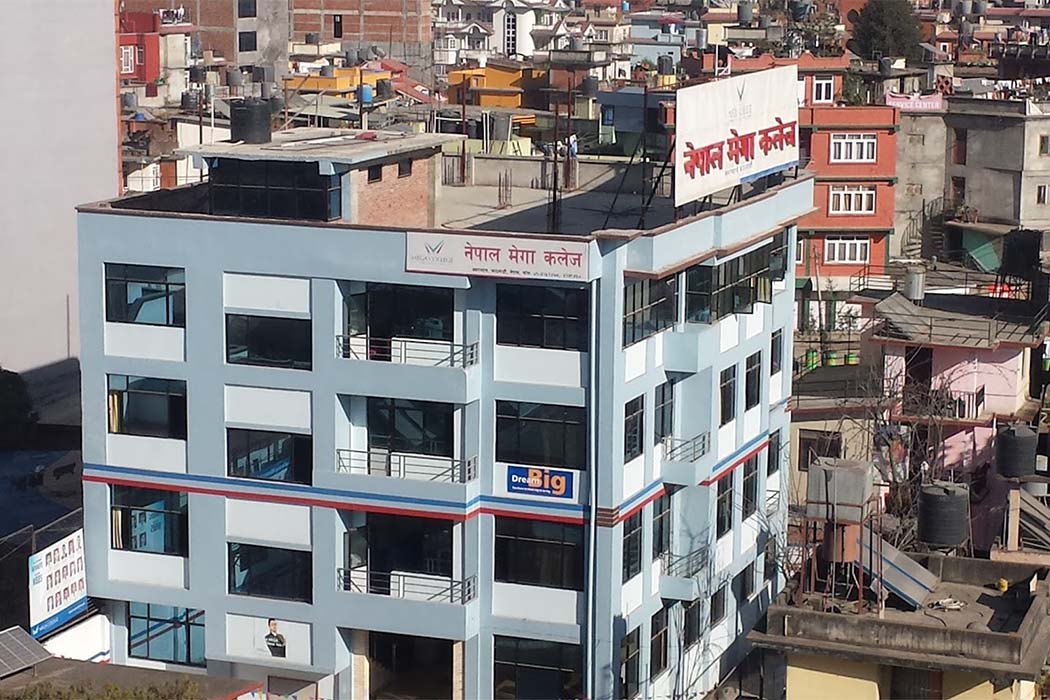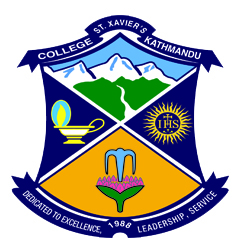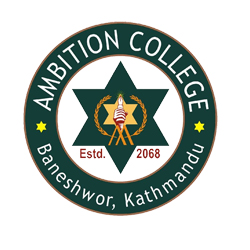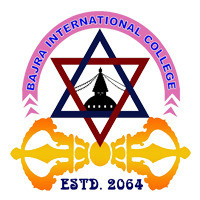Overview
Bachelor of Social Work (BSW) at Nepal Mega College (Tribhuvan University)
BSW at Nepal Mega College, Babarmahal, Kathmandu, runs under Tribhuvan University’s Faculty of Humanities and Social Sciences. Students study social work theory, human behavior, research methods, and field practice over four academic years.
Your journey blends classroom learning with supervised placements, making the BSW Nepal Mega College Tribhuvan University route suitable for students who want grounded social sector skills and community exposure.

Overview
BSW establishes a careful foundation in social work values and skills. Students learn to observe communities, keep field notes, and write concise reports. The program follows a semester rhythm that includes classroom sessions, guided field hours, and reflection meetings.
Campus coordination teams support placements in organizations that run education, health, livelihood, or protection activities. Students apply classroom ideas to practical settings and return for debriefing and supervision.
Highlights
-
Affiliation: Tribhuvan University (Faculty of Humanities and Social Sciences)
-
Location: Babarmahal, Kathmandu
-
Structure: Four years (semester-based BA stream)
-
Orientation: Social work theory, community organization, research, and field practice
-
Evaluation: Internal assessments, field reports, and university examinations
Curriculum Details
Early semesters introduce foundations of social work, sociology, psychology, and Nepali/English for academic writing. Research methodology arrives early so students can collect and interpret basic data. Community organization and social casework run alongside human behavior in the social environment.
Middle semesters add social policy, program planning, and sector topics such as public health, education, or child protection. Fieldwork increases in depth and responsibility. Final semesters involve project writing, seminar presentations, and a stronger focus on monitoring and evaluation tools used in agencies.
Objectives
-
Build disciplined practice in ethical conduct and professional behavior.
-
Strengthen observation, listening, and documentation habits for field settings.
-
Develop research literacy for small studies and reporting.
-
Prepare students for entry roles in NGOs, local bodies, and community programs.
Scope
Graduates work in program assistance, case support, outreach, and school or community facilitation. Agencies value staff who can maintain records, coordinate small events, and handle communication among stakeholders. Many students pursue MA in Rural Development, Sociology, Psychology, or Public Administration after BSW.
Learning Outcomes
-
Understand major perspectives in social work and their use in Nepal’s context.
-
Conduct basic needs assessments and prepare short field reports.
-
Apply casework and group work techniques under supervision.
-
Use simple research tools and present findings to a non-technical audience.
-
Follow safeguarding and confidentiality standards during field practice.
Skill Development Modules
-
Fieldwork & Practicum: Weekly hours in agencies; logbook and supervisor feedback.
-
Research Basics: Questionnaire design, sampling for small studies, and data summaries.
-
Community Work: Meeting facilitation, stakeholder mapping, and event notes.
-
Documentation: Case files, referral notes, and monthly reporting.
-
Presentation: Short seminars and poster presentations on field learning.
Teaching Methodology
-
Class Format: Lectures, group discussions, and reflection meetings.
-
Field Supervision: Regular guidance from faculty and agency supervisors.
-
Assessment Mix: Internal tests, field logs, viva, and university examinations.
-
Support: Reading lists, ethics orientation, and safety briefings for placements.
Admission Requirements
-
Eligibility: 10+2/PCL or equivalent as per TU Faculty rules for BSW.
-
Entrance/Selection: Entrance form or campus-level selection as announced each session; merit controls final admission.
-
Documents: Academic transcripts, character certificate, recent photographs, and ID copies (follow the intake notice for the exact list).
-
Placement Note: Health or travel requirements may apply for certain field sites.
Career Opportunities
-
NGOs/INGOs & Community Programs: Program assistant, outreach worker, field coordinator.
-
Schools & Protection Services: Counselor assistant, case support, record handling.
-
Local Governance: Social mobilization and ward-level coordination tasks.
-
Further Study: MA programs in related disciplines; specialized training based on interests.
Scholarships and Financial Aid
-
Categories: Merit or criteria-based options during admission cycles.
-
Process: Apply during the window with supporting documents.
-
Advisory: Track seat numbers, deadlines, and any fieldwork-related conditions.
Why Choose This Course?
-
Balanced Learning: Classroom study and supervised fieldwork run side by side.
-
Practical Records: Students maintain logs, case notes, and short evaluations used in agencies.
-
Pathways: Entry into community programs and scope for graduate study in allied fields.
-
Mentoring: Faculty supervision and agency feedback shape professional habits.
Conclusion
BSW at Nepal Mega College offers a steady route into social sector work under Tribhuvan University. Students learn core ideas, practice in the field, and report findings in a format used by agencies. The program supports early roles in NGOs and local bodies, and it prepares students for further study based on goals and performance.
FAQ
Is BSW semester-based?
Yes. The program runs as a four-year BA stream under the semester system.
Do students complete fieldwork every semester?
Yes. Placements and field hours run across semesters with supervision.
What documents are needed for admission?
Transcripts, character certificate, photographs, and ID copies. The intake notice carries the final list.
Can BSW graduates apply for MA programs?
Yes. Many pursue MA in Rural Development, Sociology, Psychology, or related areas.
What skills matter most during fieldwork?
Observation, record keeping, basic research, and respectful communication with communities.


















